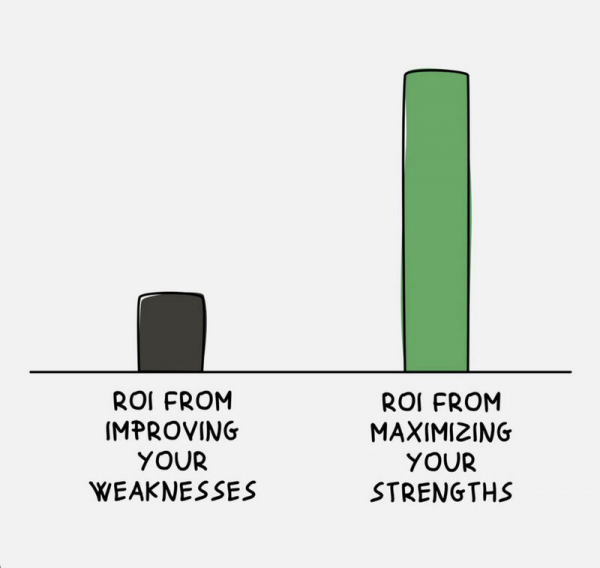After a certain age, you are no longer the product of your environment or how you were raised. It's a personal choice to live the way you do. At some point, blaming your past becomes a distraction from your future.
Healing is your responsibility.
Growth is your decision.
It's a personal choice to live the way you do. You either take ownership of your life or become a prisoner to excuses. The truth is, no one is coming to save you.
It's on you to become the person you were never shown to be.
Focus is Resistance →
Jennifer Walter on how to navigate our way through the current state of America:
As a sociologist, I need to tell you: Your overwhelm is the goal.
The flood of 200+ executive orders in Trump's first days exemplifies Naomi Klein's "shock doctrine" - using chaos and crisis to push through radical changes while people are too disoriented to effectively resist. This isn't just politics as usual - it's a strategic exploitation of cognitive limits.
Media theorist McLuhan predicted this: When humans face information overload, they become passive and disengaged. The rapid-fire executive orders create a cognitive bottleneck, making it nearly impossible for citizens and media to thoroughly analyze any single policy.
Agenda-setting theory explains the strategy: When multiple major policies compete for attention simultaneously, it fragments public discourse. Traditional media can't keep up with the pace, leading to superficial coverage.
The result? Weakened democratic oversight and reduced public engagement.
What now?
Set boundaries: Pick 2-3 key issues you deeply care about and focus your attention there. You can't track everything - that's by design. Impact comes from sustained focus, not scattered awareness.
Use aggregators & experts: Find trusted analysts who do the heavy lifting of synthesis. Look for those explaining patterns, not just events.
Remember: Feeling overwhelmed is the point. When you recognize this, you regain some power. Take breaks. Process. This is a marathon.
Practice going slow: Wait 48hrs before reacting to new policies. The urgent clouds the important. Initial reporting often misses context
Build community: Share the cognitive load. Different people track different issues. Network intelligence beats individual overload.
Remember: They want you scattered. Your focus is resistance.

How to Silence Your Inner Critic →
From Lifehacker:
Whenever Attia would catch himself having a negative self talk, he would have to immediately stop whatever activity he had just messed up. Then, he would have to pretend it was actually a dear friend who had just flunked the task, and replace the self talk by audibly speaking to that person as if they were there. He would record the “conversation” on his phone and send it to his therapist.
Naturally, he would speak in a much kinder way to this friend, rather than angrily to himself. After about several months of doing this activity four or five times a day, Attia claims he can’t remember how his inner critic even sounds anymore.
The trick has to do with the brain’s ability to changing, or as he talks about in his book and is known in the scientific community, its neuroplasticity—the ability of the neural networks in the brain to change and adapt throughout an individual’s life.
While people who have a toxic inner monologue lack empathy for themselves, most still have it for other people. Ultimately, he is hacking his brain into talking to himself in a much more loving way and undoing 47 years of toxic inner monologue.
Be brave enough to suck at something new.
If I'm an advocate for anything, it's to move. As far as you can, as much as you can. Across the ocean, or simply across the river. The extent to which you can walk in someone else's shoes or at least eat their food, it's a plus for everybody. Open your mind, get up off the couch, move.
—Anthony Bourdain
Travel isn’t always pretty. It isn’t always comfortable. Sometimes it hurts, it even breaks your heart. But that’s okay. The journey changes you; it should change you. It leaves marks on your memory, on your consciousness, on your heart, and on your body. You take something with you. Hopefully, you leave something good behind.
—Anthony Bourdain
Make yourself of a priority. You are your longest commitment.

“Do You” vs. “Be Like Me”
There are two kinds of people:
-
Those who encourage you to be the best version of you and will support you as long as you’re happy & healthy (and don’t hurt anyone else’s happiness/health).
-
Those who push you to be more like them, because if you don’t, then something is “wrong” with you.